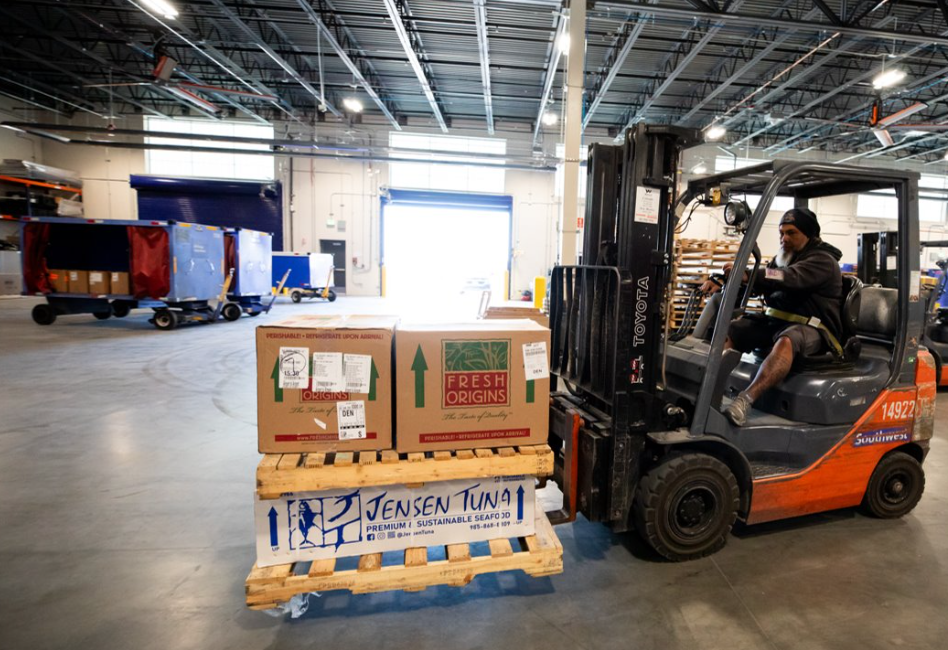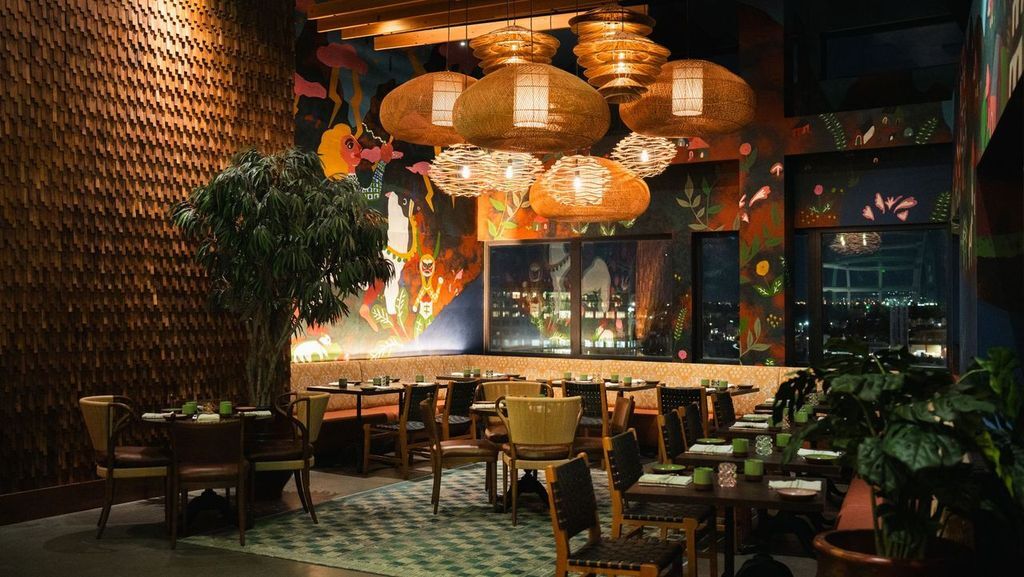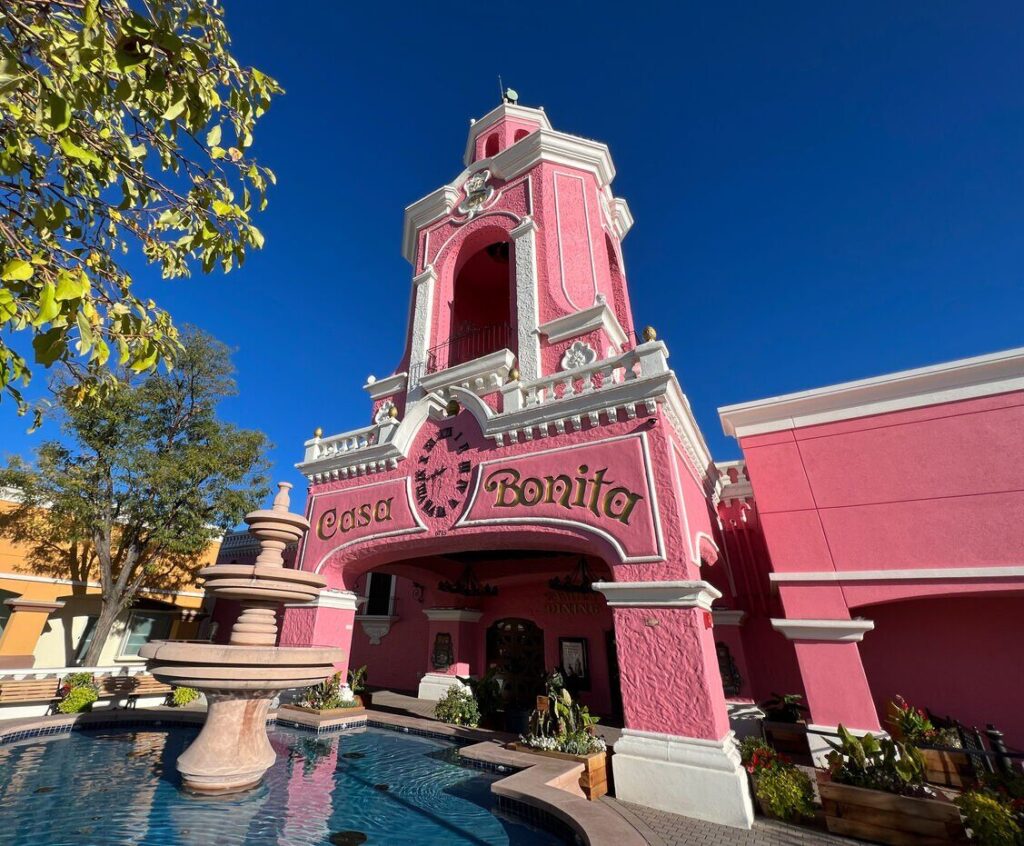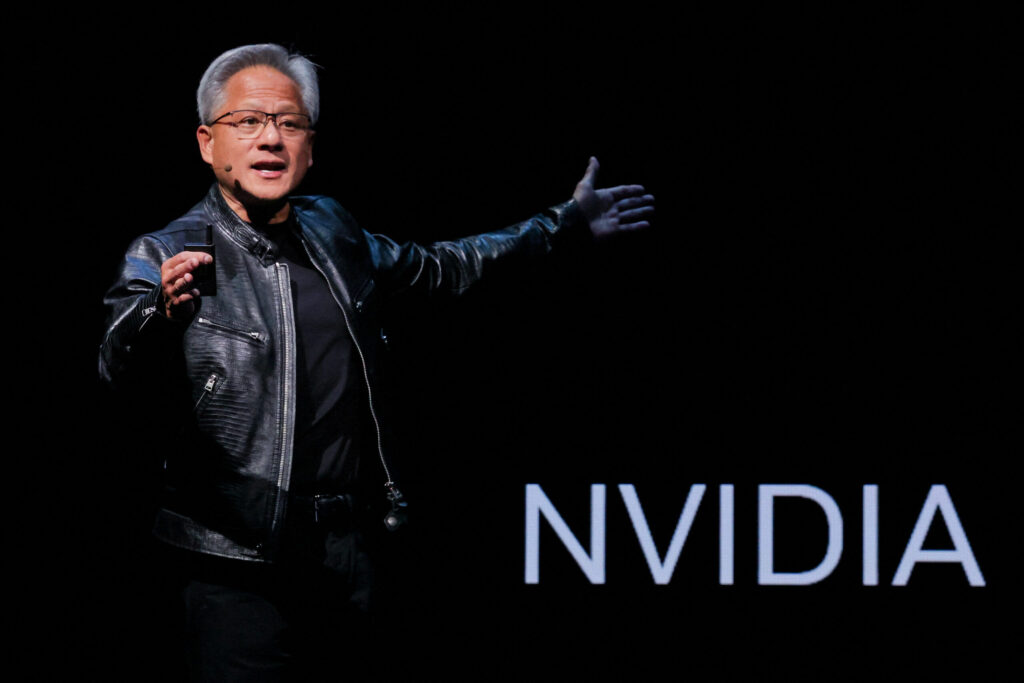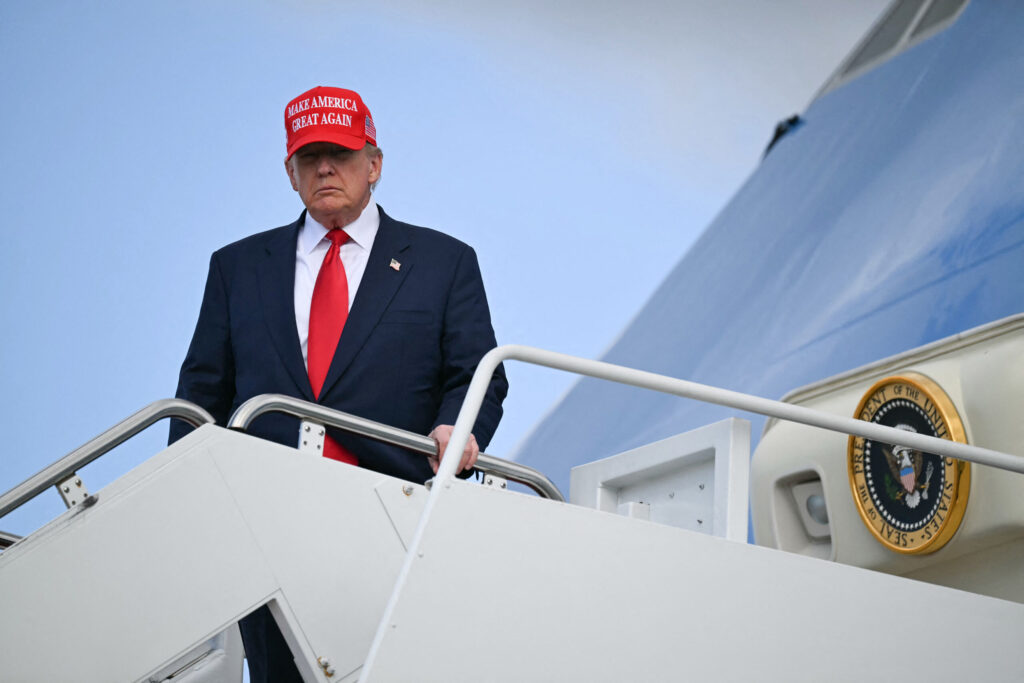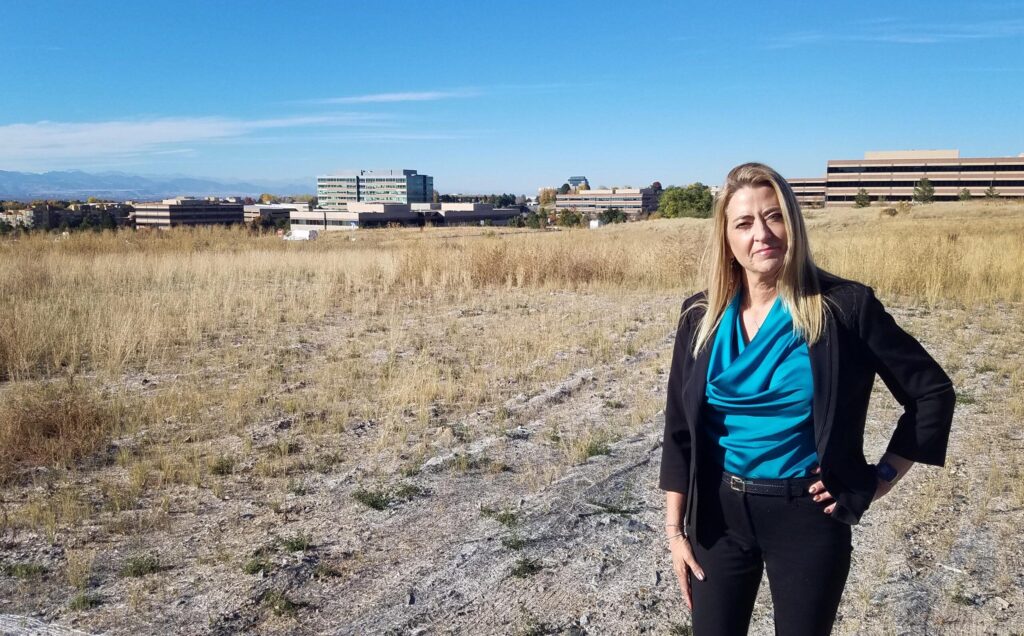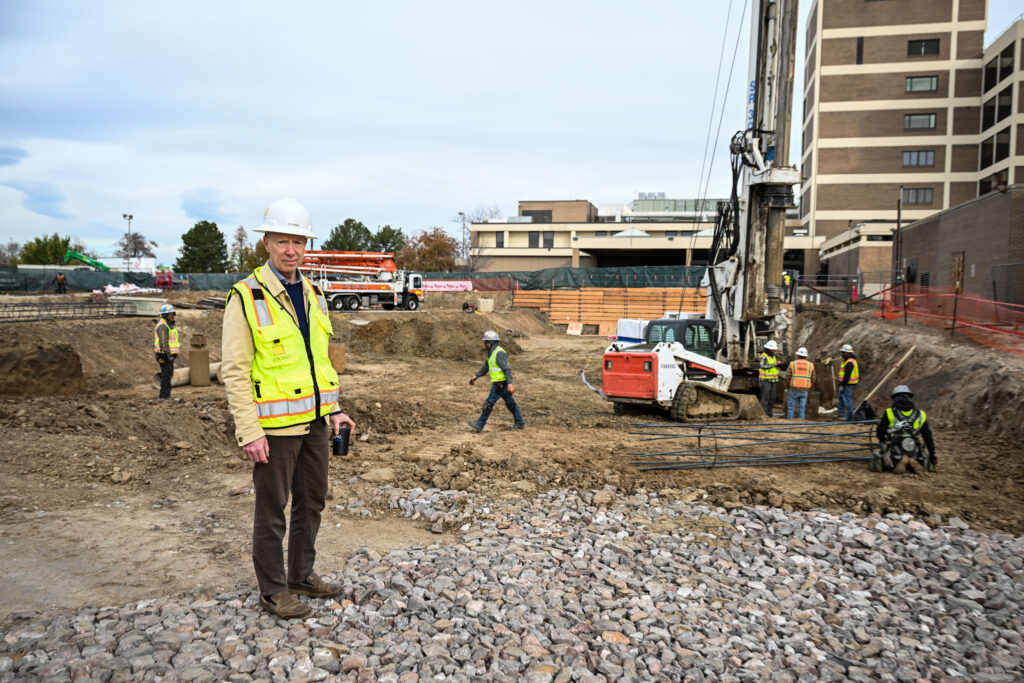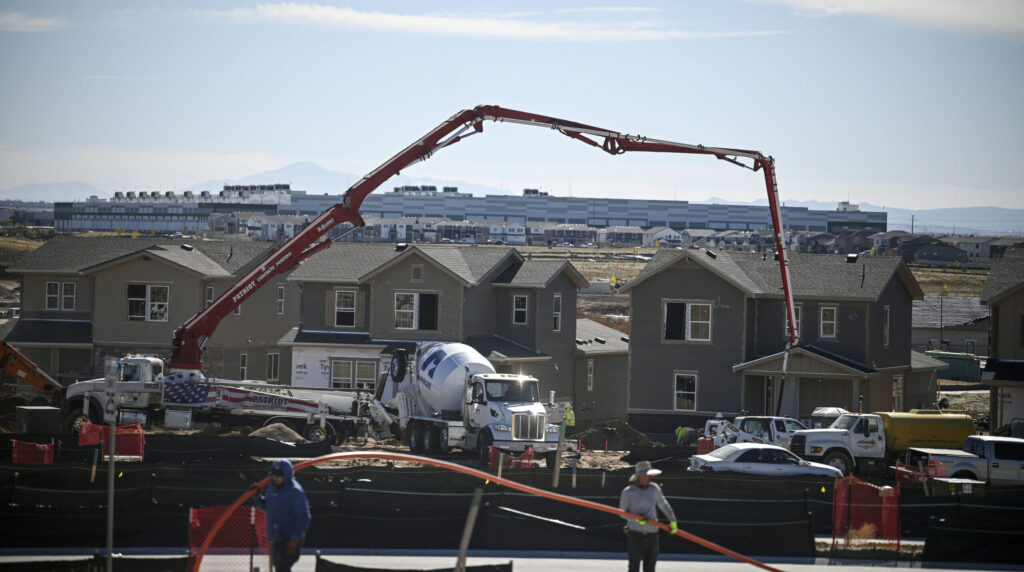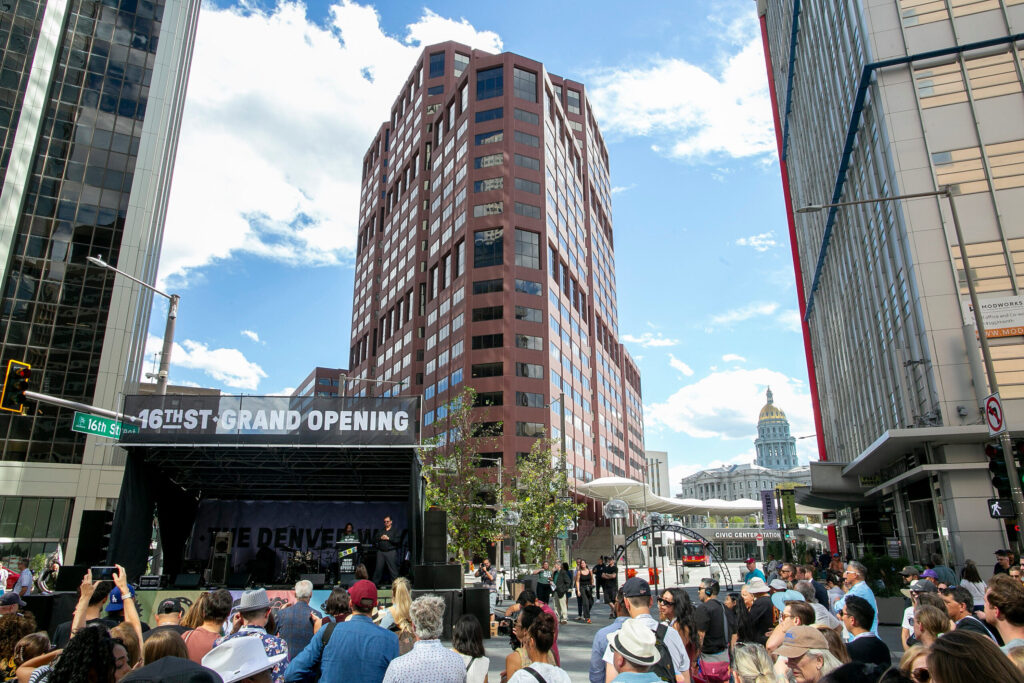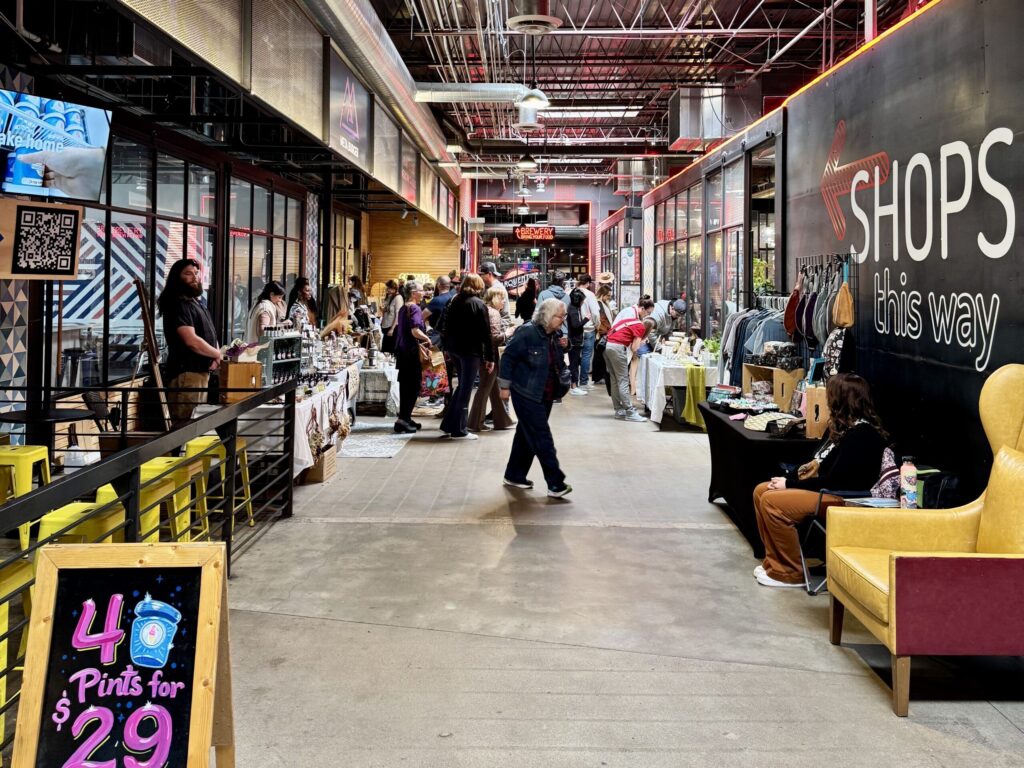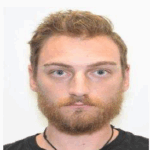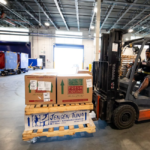RTD seeks public feedback to amp up transit for Denver’s mega-events
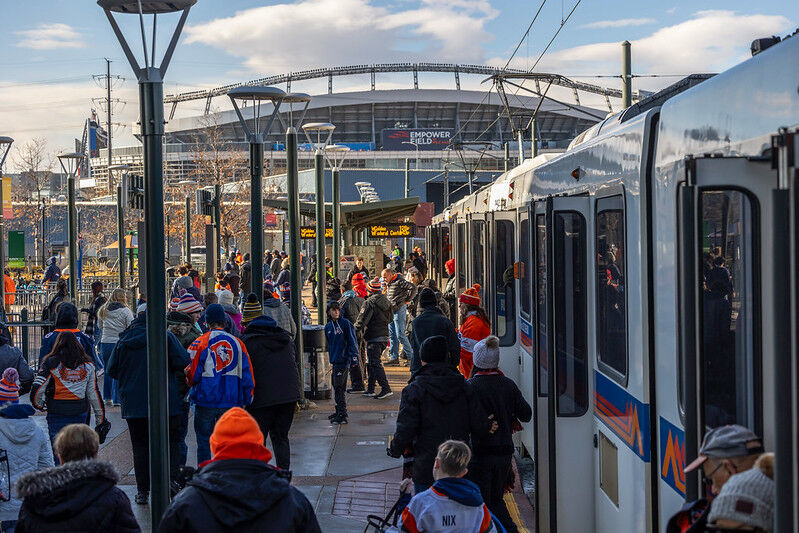
It’s football season in Denver, drawing millions of fans, families and visitors not just for games but for other winter events. But getting to and from those high-traffic happenings can be a hassle without reliable public transit.
Now, the Regional Transportation District is turning to riders, stakeholders and the public for ideas on how to step up its game.
It’s a timely push to find ways for public transit to accommodate large crowds and late nights.
After the Toronto Blue Jays lost game 7 of the 2025 World Series in a late game with extra innings Nov. 1 in Toronto, thousands of people were left without transport home by rail when train service shut down before the crowds cleared, according to news reports and posts and live video on social media.
According to the Toronto Transit Commission’s Major Incident Command Centre and the City’s Emergency Operations Centre, about 90 minutes were added to subway service and the crowds cleared quickly.
But the last regional train departed Toronto’s Union Station before many fans could make the 20-minute walk from the field. Fan were reported to have waited up to 2.5 hours because backup buses were stuck in traffic
The Regional Transportation District has warned riders that late-night events that run past the last train departure risk having to find other ways home.
But the RTD is now taking a hard look at the problem and is seeking input from riders, according to a news release.
The agency launched a new webpage this month dedicated to high-volume event services, complete with an online feedback portal open through the end of December. The site offers maps of transit stops near major venues, trip-planning tools and details on the agency’s current strategies for handling crowds. Visitors can weigh in, review details and submit ideas at www.rtd-denver.com/high-volume-events.
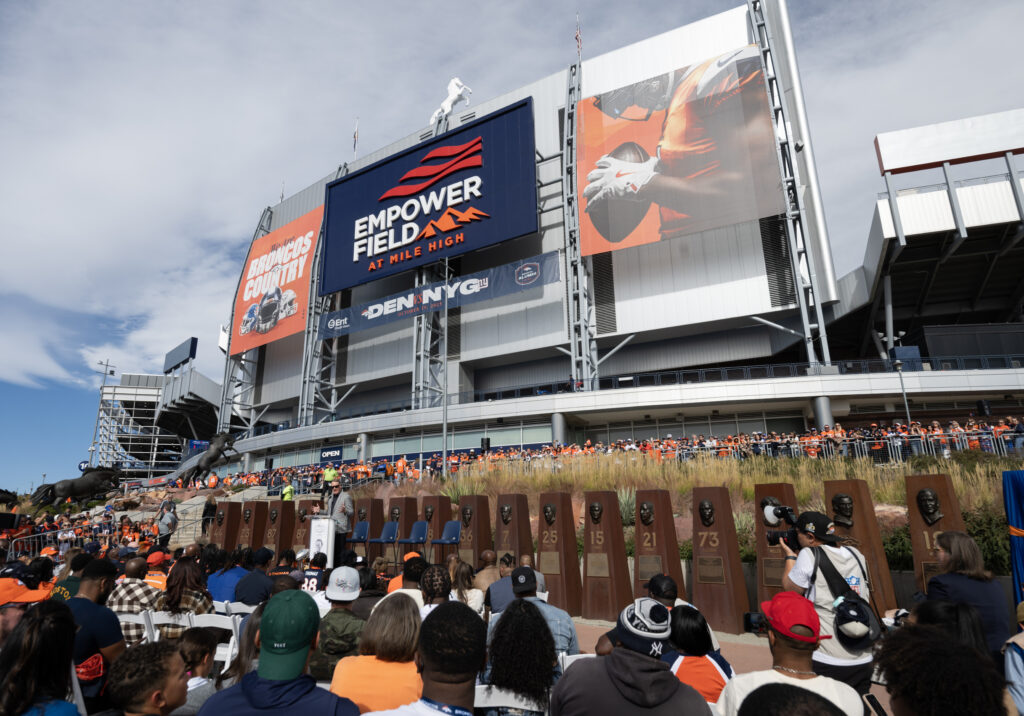
“Every year, hundreds of events and activities take place around the Denver metro area,” said Patrick Preusser, RTD’s chief operations officer, in the release. “Millions of Coloradans and visitors attend these events, and we want to have a leading role in supporting their access and mobility. Whether it’s getting fans to the big game, music lovers to a much-anticipated concert, or families to a seasonal celebration, our mission is to make lives better through the connections we provide.”
The push comes after an Oct. 28 RTD board resolution directing staff to craft a comprehensive plan for enhancing event-related transit.
Key elements include assessing staffing needs, budgeting financial resources, projecting revenues, exploring sponsorships and developing a marketing push — all while complying with federal regulations. The plan is slated for finalization in February 2026, with board action possible in March. If approved, beefed-up services could roll out as early as May 2026.
RTD’s existing approach emphasizes proactive planning. Staff scour metro calendars and venue schedules to spot upcoming events near transit hubs, then build a “lookahead” calendar for coordinated responses.
For big crowds, the agency deploys supplemental service — extra buses or trains beyond baseline schedules — based on expected attendance. Virtual and on-site monitoring helps manage flows in real time, linking field teams with operations for quick adjustments.
Innovations are already in play. In 2023, RTD introduced “special destination terms” in its Next Ride app, letting users type an artist’s name, band or team instead of a venue address for seamless routing. The feature debuted ahead of Taylor Swift’s back-to-back Empower Field concerts, generating over 150,000 trip plans that weekend alone.
Building on that, RTD integrated JamBase — a live music data provider — into the app in December 2024. Now, concert schedules auto-populate, making event travel even easier.
“As we prepare for the future, we are building on our successes, celebrating what we’ve achieved together, and learning from our experiences,” Preusser added. “By evaluating our work and refining our processes, we will continue to deliver high-quality service and drive continuous improvement. We want to be the first choice when a customer is planning a trip and traveling to and from an event.”
RTD officials said the feedback will shape a more responsive system, potentially easing traffic snarls and boosting ridership for Denver’s event scene.






